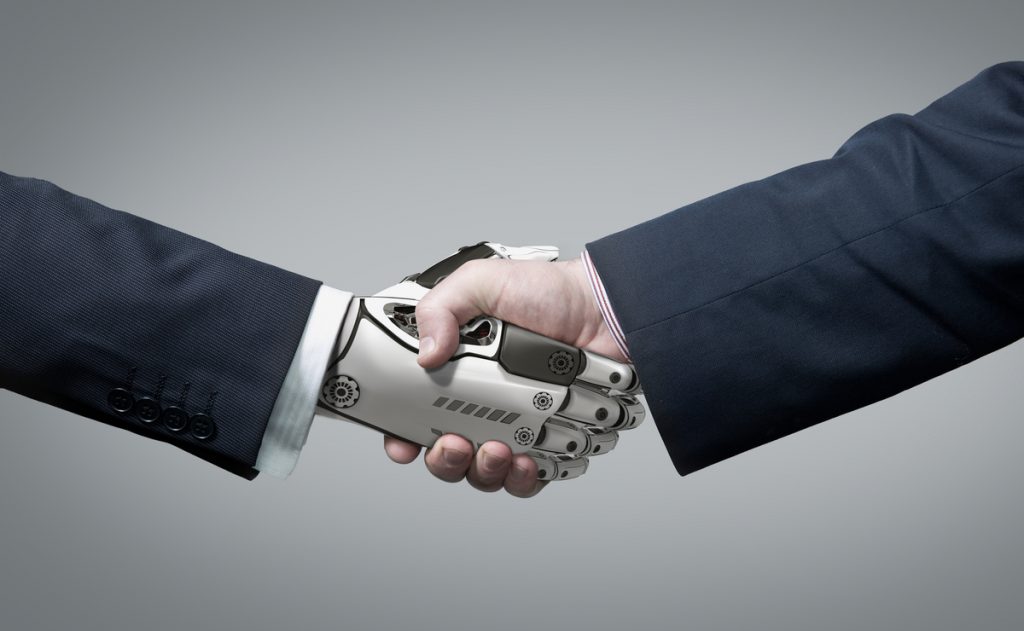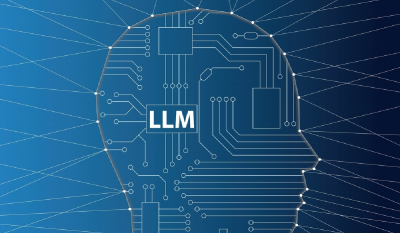AI is innovation that is driving the business operation to a dynamic state with better decision making and insights for closing operational gaps. Over 25 percent of the business surveyed has implemented the cognitive technologies that are both Artificial Intelligence and Machine Learning. The implementation of the new cognitive technology has taken place under two-stage, whether it’s pilot projects or long term strategies. Around 41 percent of the business is using the Robotic Process Automation (RPA) extensively for a single function or across multiple functions, 26 percent of the enterprises are using robotics, while 22 percent are using the AI, 64 percent saw growth ahead in robotics. When we look towards the growth number, 81 percent said that they see growth in AI, while 80 percent predicted growth in cognitive technologies was recently reported in the survey during Deloitte 2019 Global Human Capital trends. From all the enterprises that are surveyed almost 87 percent of the enterprises are adopting at least one of the transformative technology- video everywhere, Internet of Things (IoT), Artificial Intelligence (AI), 5G, Blockchain and cloud in their business. Currently, only 26 percent of the enterprises believe that they have an appropriate business model in place to capture full value from these technologies.
AI is set to shape the technology, improving the process of adoptions, implementation, and development. Almost 30 percent of the enterprises have allocated $50 million or more to smart automation projects, and more half have already spent at least $10 million. The natives have been directed towards the various robotic process automation (RPA), machine learning, Artificial Intelligence, analytics, and cognitive computing. One of the sectors with the highest spending in the AI section is finance and accounting making up to 23 percent of respondents, spending more than the US $50 million. The technology that most of the enterprises are experimenting with or piloting to improve their current business operation with a focus towards bottom line revenue, even 30 of the enterprises are trying to play it safe with investment or unsure about their plans for smart automation. Around 85 percent of the airlines are planning to use Artificial Intelligence (AI) as virtual agents and chatbots for airlines activities by 2021, while 79 percent of the airports are using or planning to use certain AI predictive analysis to improve their operational efficiencies. When we see the field of law, almost 53 percent of US lawyers or 49 percent of the UK lawyers think that AI will be a valuable proposition when tracking the billable time. While 43 percent of the lawyers are using AI for conflict clearance, the portion of auto companies that are not using or testing AI rose to 39 percent in 2019 from 26 percent in 2017.
The current accelerated growth we see in the RPA (Robotic Process Automation) is being driven by high levels of efficiency and productivity that can now be achieved with intelligent automation. It combines with Advanced RPA, Artificial intelligence (AI), and embedded analytics. The demand for faster and developed RPA has surged over the last few years, as the legacy companies are now competing with digital native solution providers such as Amazon and Uber. Mihir Shukla, CEO of Automation Anywhere Inc., said in a statement that they expect to deploy three million software robots at organization worldwide by 2020, almost 200 percent increase.
Consumer adoption and attitudes: Trusting the machines for development
Almost 64 percent of the US consumers will not buy self-driving cars, while 63 percent will not spend more on self-driving features. When we look at auto spending, two-thirds of survey respondents said that self-driving cars should be held to higher government safety standards than traditional vehicles driven by humans. Gartner estimates that by 2020, we would have interactive AI solutions that will provide 85 percent of the customers with the interaction channel. Customers in the modern world live in the omnichannel world, while business lacks the legacy instruments that can induce engagement paths.
AI should be interactive enough to deploy tools successfully in providing an intelligent, convenient, and complete customer experience during any point along the customer journey. Enterprises need to reimagine the interaction at the core with end to end customer journey that is integrated and more personal so that the customer won’t feel out of the place. Artificial Intelligence (AI) is a game changer when it comes to the customer experience when it comes to AI we look towards different technology that explores different use cases for how leading-edge companies are already reaping the benefits from AI applications in customer experience.
Apple researchers recently tested people against three types of a different virtual assistant: a chatty system, a non-chatty system, and another virtual assistant that can mirror the chattiness of the user. The study also found that people tend to prefer the more chatty assistant to non-chatty assistant, while the significant chattiness is in preference to the chattiness of the human user, as the interaction methods also define the trust factor.
Conclusion
Business transformation is occurring across all the industries, as successful enterprises embrace the array and potential impact of these solutions. With various AI solutions in hand that includes customer service agents, increased public safety, preventive maintenance, healthcare diagnoses, and reduction in fraud, it will all lead to better decision making. With year over year double digital growth of the AI technology, it’s all set to increase the business foundation of technology.
To know more, you can download our whitepapers on Artificial Intelligence.














